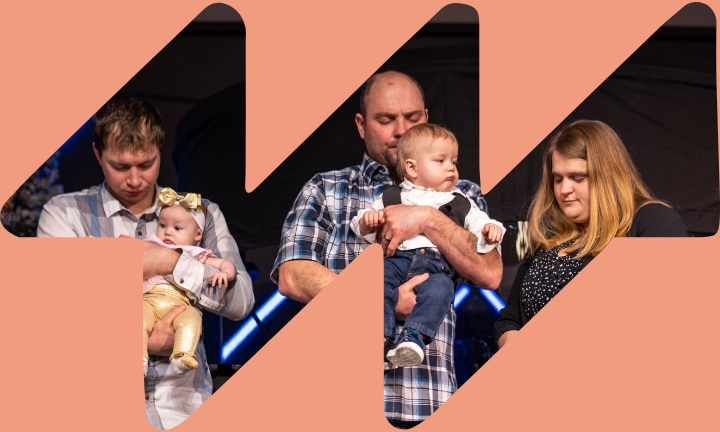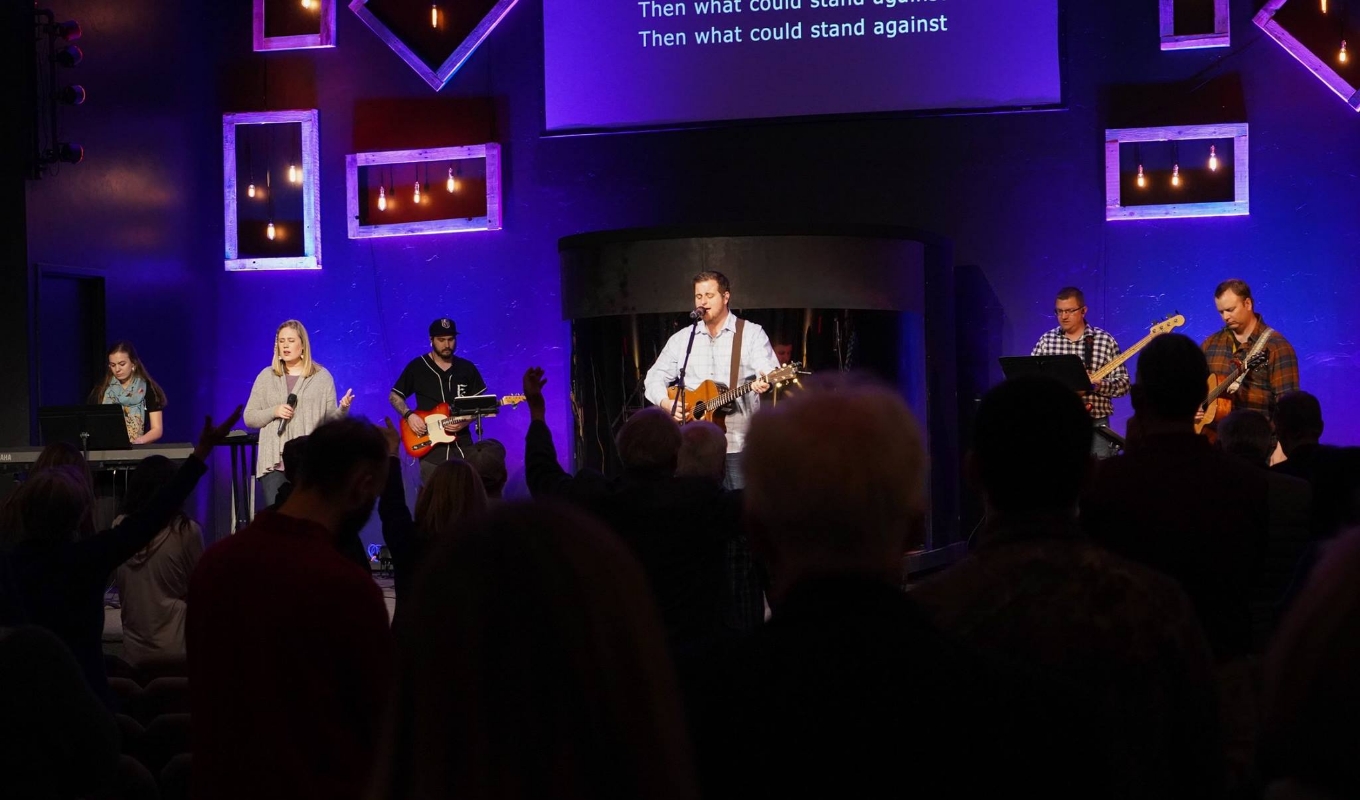For many years I have followed a routine that takes me through the Bible in a year’s time. That means I have read the Bible for about 50 years. In my annual journey through the Bible, I have found stories and incidents that are extremely interesting. They are what I call “life changers.” All of the Bible is important and should be a part of our spiritual growth plan, but there are incidents that draw us in and make us deal with the hard questions of life.
One of those stories is recorded for us in Genesis 32. Jacob had been forced to leave home because of a conflict with his brother. His mother, Rebekah, made arrangements for him to stay with her brother, whose name was Laban. Jacob was gone for 20 years. During these years, he married and produced a family of 12 sons and one daughter.
God appeared to him in a dream and told him that it was time for him to return to his home. He gathered his family and his flocks and began the 600-mile journey from the Euphrates valley back to the land of Palestine.
Jacob had some bad memories of his past. He had deceived both his brother Esau and his father, Isaac. He was a very cunning and deceitful man. Conditions at home were so tense that his brother had threatened to kill him. Homecoming was not something he looked forward to.
As he approached Palestine, two significant things happened to Jacob. He had secretly fled his uncle, Laban. When his uncle found out that his son-in-law had fled with his daughters and flocks, Laban pursued Jacob with the intent of causing injury and returning with what he called all of his personal goods, including his daughters. In his anger, he confronts Jacob; “What have you done by deceiving me and carrying my daughters away like captives? Why did you flee secretly and deceive me and did not tell me…you did not allow me to kiss my daughters…now you have done foolishly” (Gen. 31:26).
The conflict was solved by erecting a memorial. Jacob promised not to return to the memorial, and Laban did the same. The conflict between the two men was not solved, but each went his own way, never to see each other again.
But Jacob faced a bigger conflict as he continued his journey west. He knew he had been forced to leave home because of how he had deceived Esau, his brother. He knew that he and Esau would have a face-to-face meeting, and would the conflict lead to violence?
Then, a strange thing happened. They came to a river called Jabbok. The river was large enough to require a ford. Jacob sent his wives, children, and flock across the ford for the river Jabbok, then he returned to spend the night alone. Strange things happen when we are alone. I am convinced that Jacob wanted to be left alone so he could prepare himself for what he knew would be a major conflict, meeting Esau.
As Jacob was sitting alone beside his campfire, he was silently approached by a stranger who began to wrestle with him. “Jacob was left alone, and a man wrestled with him until daybreak” (Gen. 32:24). This could be a terrifying experience. Who was this stranger? Was it some bandit whose intent was to take Jacob’s flocks? Was it Laban returning to claim his daughters and their children? Was it Esau who was going to make his brother pay for his deceitfulness with his own blood?
Jacob was terrified. Jacob cries out, “Please tell me your name” (Gen. 32:29). The wrestler continues all night attempting to conquer this man. Can you imagine wrestling with a stranger all night? Finally, the aggressor in this wrestling match asked his opponent, “What is your name?” Jacob merely says to his unknown intruder, “My name is Jacob.”
Two things that are very interesting happen. The unknown wrestler touches Jacob’s thigh. It was actually more than a touch. “He touched the socket of his thigh; so the socket of Jacob’s thigh was dislocated while they wrestled” (Gen. 32:25). That incident affected the rest of Jacob’s life. As Jacob got up from that wrestling match, he limped on that thigh, and his walk was affected forever.
The second important thing that happened in this match is given in verse 28. The wrestler from the desert says to Jacob, “Your name shall no longer be Jacob, but ‘Israel’ for you have striven with God and man and have prevailed.”
In Jacob’s life, conflict came from two different sources. Yes, he had conflicts at home with his brother, and he had conflict in his business with Laban. They were both very significant conflicts. But a greater conflict came from God. It was God Himself that met Jacob while he was alone in that desert night. That conflict led to a new name and a changed life.
Conflict will come to all of us. It starts early on, in childhood, in the home. How we handle conflict will determine how we handle life and where life takes us. We can become bitter and angry over conflict, or we can face conflict and allow its presence in our lives to change us.
Our world is filled with conflict today. It is international, national, and regional, and right down to my own home and my life itself. Conflict has entered my life and my home. I am not the same person as I was because of conflict. It has helped me to grow and lead, and it has widened my life. I either handle conflict, or it destroys me.
Psalm 43:5 has provided a fresh spring for me to drink at as I have crossed the deserts of my life. “Why are you in despair, oh my soul? Why are you disturbed within me? Hope in God, for I shall again praise Him, the help of my countenance and my God.”
Amen.



